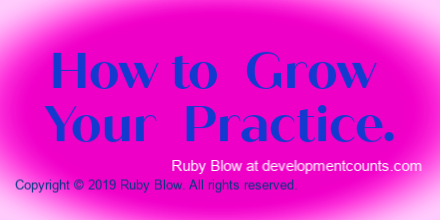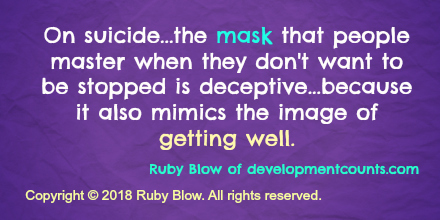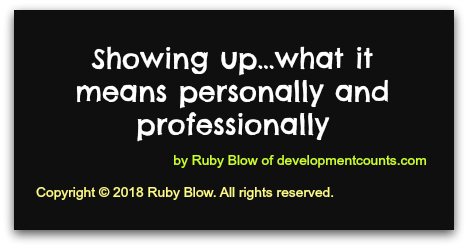Compliments, Praise and Applause
Few things tell me more about a person than how they respond to compliments, praise and applause. There are a multitude of reactions, I am sure, but these are the two that stand out to me most:
- People who embrace praise and let it wash over them. They might even agree and smile.
- People who shirk off positive comments immediately and avoid the attention. They either wonder why, don’t believe it is sincere, or they can’t believe anyone thinks that of them.
The Battle Within
I want to address the people with the second type of response: those who shirk off complimentary words. It seems that they are fighting an internal battle. The part of them that wants and needs acknowledgement is competing with the part of them that doesn’t want to feel that others can have influence over their self-image or self-worth.
Many people refer to this internal battle as the Imposter Syndrome…a phrase that was originally coined by my friend, Dr. Pauline Rose Clance. However, the term Pauline used was “The Imposter Phenomenon.”
She wanted to address a phenomenon she saw in many professional women that involved feelings of self doubt and worry that one isn’t good enough; or doesn’t perform well; or isn’t truly capable of what they are presenting themselves to be.
Fear of Failure
When I experience people expressing this form of self doubt, it is essentially “beating others’ to the punch.” They are often unwittingly imagining failure as a buffer against what they imagine is a horrible event (i.e. “failing.”) Often, people experience a false sense of importance centered around the idea that they must always be perfect. They fear that a lapse in perfection (of both their being and behavior) will result in something potentially very shameful.
The Role of Shame
The feeling of shame is one that people avoid at all costs. If shame had a voice, I imagine it as one that mocks, saying things such as:
- “What made you think you could do that?”
- “See I told you so. You should be embarrassed.”
- “Who do you think you are?”
- “I told you, you weren’t any good.”
- “How could you let that happen?”
- “You deserved what you got.”
Sadly, these phrases or statements are uttered or implied during our formative years (childhood) by well meaning adults who don’t want us to “get too big for our britches.” In some cultures, people are actively taught through various values that they are not worthy and that no personal accomplishments are actually one’s own. They belong to a force bigger and higher than you.
Society itself may have prescribed roles based on gender, race, age and other factors. And when one steps outside of the expected norms of that role…shame can be a powerful emotion that whips people back in to line.
Lose to Win – Winning the Battle Within
To win the internal battle — which I will describe as the battle between the bold, daring, and audacious self and the cautious, apprehensive, and fearful self — without becoming either too self absorbed or passive to the point of having few-to-no personal boundaries…we must accept loss.
- You will lose and you will win.
- You will fail and you will succeed.
- You will feel embarrassed and you will feel pride.
When we try to avoid failure, we actually avoid growth.
We become stuck in patterns that further erode our self esteem and increase our self doubt. Failing or losing is a part of life. We cannot force it out of our plane of existence. It is folly to hold a belief that you can control every outcome.
As my 83 year old Aunt Ruby says “Baby, focus on the things that you can do something about….and let the rest go.”
Copyright © 2018 Ruby Blow. All rights reserved.
Share your thoughts on Linkedin, Facebook, Twitter or log in to one of your accounts below to comment. Subscribe to my YouTube channel.





